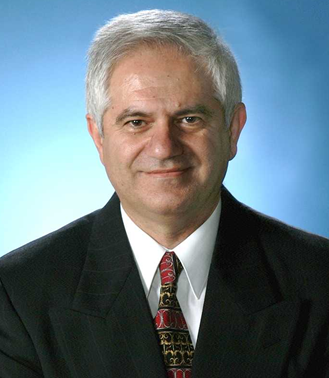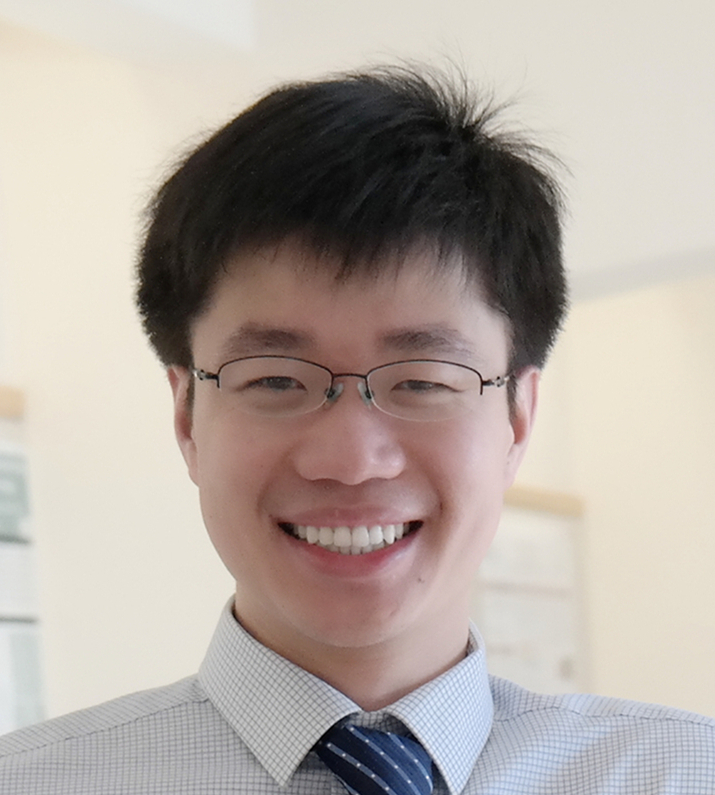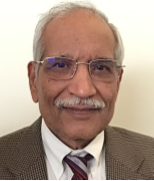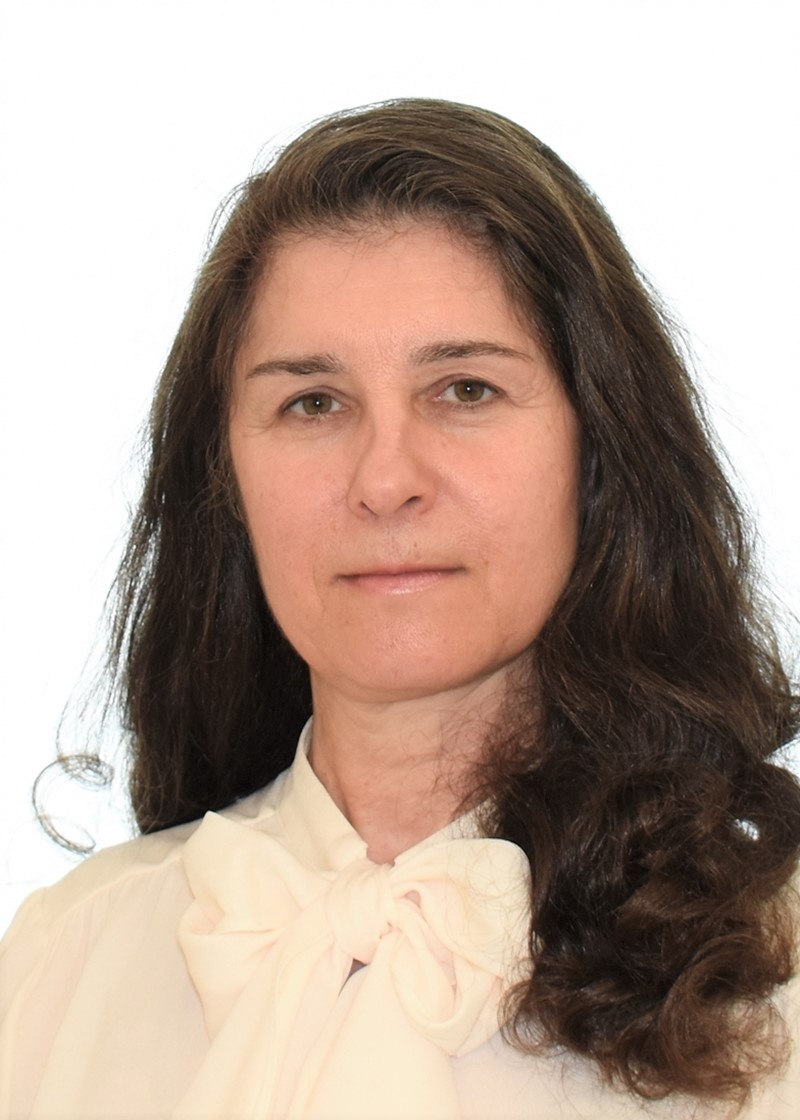 1-(518)-621-2929
1-(518)-621-2929
 info@lopsconference.com
info@lopsconference.com
Scientific Committee Members


Alex Kazemi
The Boeing Company, USAChairman LOPS 2023 & LOPS 2021

Alex Kazemi
The Boeing Company, USA Chairman LOPS 2023 & LOPS 2021Dr. Alex Kazemi a world recognized Micro Technologist, and materials scientist is focusing on development of fiber optics, miniaturized fiber components, fiber optic sensors, and micro/nano technology of laser components for aviation, aerospace and space applications. He is developer of the lightest fiber optic cable in aviation history, World 1st fiber optic sensor for rocket engine, U.S. 1st fiber optic delivery system for micro welding of laser chips, and leading-edge technologies. He is The Boeing Company Fiber Optic Architect, Associate Technical Fellow, and worked for 25 years for Boeing as well as 10 years for telecom, lasers, sensors and MEMS industries. He also taught physics and materials science for several years at University of Southern California. Currently he is the Principal Consultant for development of new generation of fiber optics and sensors to the Boeing Company. He has authored/edited 8 books and one book chapter in the area of photonics, lasers, sensors, fiber optics, micro and nano technologies, plus published over 48 papers in International Journals and hundreds of presentations throughout of conferences and technical community’s world-wide. In recent survey by “Research Gate” organization over 1000 of his peers reviewed his published papers. In 2018, 2019 and 2021 three separate International Awards were presented to him for the phenomenal presentation for his research on fiber optic sensor and lasers. He has been Chairman of SPIE International Conferences in Photonics Applications for Fiber Optic Sensors and Lasers for 8 years and Chairman, Chief Scientific Committee and Chief Editor of Excel Global International Conference on Lasers, Optics, Photonics, and Sensors in 2021. He has bestowed hundreds of recognitions, awards and patents

Brock Koren
DRS DAY LIGHT Solutions, USA
Brock Koren
DRS DAY LIGHT Solutions, USABrock Koren is an executive with over 25 years of experience in high technology companies and has a Bachelor of Science in Electrical Engineering from the California State University of Long Beach. Mr. Koren is currently the Director of Sales/Business Development for DRS Daylight Solutions, the world’s leading provider of best-in-class mid-infrared, quantum cascade laser sources for the life sciences, research, industrial, and defense industries. Mr. Koren was most recently the Vice President of Sales and Marketing/Product Management for Gamma Scientific, a manufacturer of light measurement instruments for display testing, LED testing, light meters, light sources, and spectrometers. He is a native Californian and has spent his entire life in Southern California. He currently resides in San Diego, where he enjoys physical and outdoor activities and restoring vintage Tektronix Oscilloscopes.

Bing Yu
Marquette UniversityMedical College of Wisconsin
Session Chair, LOPS

Bing Yu
Marquette University and Medical College of WisconsinSession Chair, Scientific Committee, LOPSTM
Dr. Bing Yu received his Ph.D. from Virginia Tech in 2005 and postdoctoral training from Duke University between 2005-08. Dr. Yu is currently an Associate Professor of Biomedical Engineering at Marquette University and Medical College of Wisconsin. His prior experience includes a Senior Research Scientist and Research Assistant Professor at Duke University and tenure-track Assistant Professor at the University of Akron. His current research focuses on light-tissue interaction, optical imaging and spectroscopy for cancer detection and treatment monitoring, and optical sensors. Dr. Yu is an ASLMS Fellow, senior member of SPIE, and member of Optica (OSA) and BMES.

Rajpal Sirohi
Padma Shri, FNAE, FNASc, FOSA, FSPIE, FOSI, AvH Awardee Alabama A&M University, USA
Rajpal Sirohi
Padma Shri, FNAE, FNASc, FOSA, FSPIE, FOSI, AvH Awardee Alabama A&M University, USAProf. Rajpal Singh Sirohi did his Masters in Physics in 1964 from Agra University, and Post M.Sc. in Applied Optics and Ph. D. in Physics both from Indian Institute of Technology, New Delhi in 1965 and 1970 respectively. Prof. Sirohi was Assistant Professor in Mechanical Engineering Department at Indian Institute of Technology Madras during 1971-1979. He became Professor in the Physics Department of the same Institute in 1979. He joined IIT Delhi as Director in 2000 and superannuated in April 2005 from IIT Delhi. During 2000 - 2011, he had been deeply engaged in academic administration and research as Director IIT Delhi (December 2000 - April 2005); Vice-Chancellor, Barkatullah University, Bhopal; (April 2005 - September 2007); Vice-Chancellor, Shobhit University, Meerut (October 2007 - March 2008); Vice-Chancellor of Amity University Rajasthan, Jaipur (March 2008 - October 2009) and Vice-Chancellor, Invertis University, Bareilly (January 2011 – October 2011). He was also the Visitor to the Teerthanker Mahaveer University, Moradabad (June 2012- June 2013). He is currently serving in the Physics Department, Alabama A&M University, Huntsville, Alabama USA. Prior to this (2013 - 2016), he was the Chair Professor, Physics Department, Tezpur University, Tezpur, Assam, India. He was Distinguished Scholar in the Department of Physics and Optical Engineering, Rose Hulman Institute of Technology, Terre Haute, Indian USA during 2011 - 2013. Prof. Sirohi worked in Germany as a Humboldt Fellow at PTB, Braunschweig, and as a Humboldt Awardee at Oldenburg University. He was a Senior Research Associate at Case Western Reserve University, Cleveland, Ohio, and Associate Professor, and Distinguished Scholar at Rose Hulman Institute of Technology, Terre Haute, Indiana. He was ICTP (International Center for Theoretical Physics, Trieste Italy) Consultant to Institute for Advanced Studies, University of Malaya, Malaysia and ICTP Visiting Scientist to the University of Namibia. He was Visiting Professor at the National University of Singapore, and EPFL, Lausanne, Switzerland. Prof. Sirohi is Fellow of several important academies/ societies in India and abroad including the Indian National Academy of Engineering; National Academy of Sciences, Optical Society of America; Optical Society of India; SPIE (The International Society for Optical Engineering), Instrument Society of India and honorary fellow of ISTE and Metrology Society of India. Recently, the Optical Society of India conferred on him the distinction of Distinguished Fellow. He is member of several other scientific societies and founding member of India Laser Association. Prof. Sirohi was also the Chair for SPIE-INDIA Chapter, which he established with co-operation from SPIE in 1995 at IIT Madras. He was invited as JSPS (Japan Society for the Promotion of Science) Fellow and JITA Fellow to Japan. He was a member of the Education Committee of SPIE. Prof. Rajpal Singh Sirohi did his Masters in Physics in 1964 from Agra University, and Post M.Sc. in Applied Optics and Ph. D. in Physics both from Indian Institute of Technology, New Delhi in 1965 and 1970 respectively. Prof. Sirohi was Assistant Professor in Mechanical Engineering Department at Indian Institute of Technology Madras during 1971-1979. He became Professor in the Physics Department of the same Institute in 1979. He joined IIT Delhi as Director in 2000 and superannuated in April 2005 from IIT Delhi. 2 Prof. Sirohi has received the following awards from various organizations: Humboldt Research Award (1995) by the Alexander von Humboldt Foundation, Germany; Galileo Galilei Award of International Commission for Optics (1995); Amita De Memorial Award of the Optical Society of India (1998); 13th Khwarizmi International Award, IROST (Iranian Research Organisation for Science and Technology (2000); Albert Einstein Silver Medal, UNESCO (2000); Dr. YT Thathachari Prestigious Award for Science by Thathachari Foundation, Mysore (2001); Pt. Jawaharlal Nehru Award in Engineering & Technology for 2000, (awarded in 2002) by MP Council of Science and Technology; NRDC Technology Invention Award on May 11, 2003; Sir CV Raman Award: Physical Sciences for 2002 by UGC (University Grants Commission); Padma Shri, a national Civilian Award (2004); Sir CV Raman Birth Centenary Award (2005) by Indian Science Congress Association, Kolkata; Holo-Knight (2005), inducted into Order of Holo- Knights during the International Conference-Fringe 05-held at Stuttgart, Germany; Centenarian Seva Ratna Award (2004) by The Centenarian Trust, Chennai; Instrument Society of India Award (2007); Gabor Award (2009) by SPIE (The International Society for Optical Engineering) USA; UGC National Hari OM Ashram Trust Award - Homi J. Bhabha Award for Applied Sciences (2005) by UGC; Title ‘Freedom of the Institute’ conferred by Indian Institute of Technology Delhi in 2011; Distinguished Alumni Award (2013) by Indian Institute of Technology Delhi; Vikram Award 2014 by SPIE (The International Society for Optical Engineering) USA. According to Stanford University ranking report, he is listed with in 2% of the global scientists in Optoelectronics and Photonics. Prof. Sirohi was the President of the Optical Society of India during 1994-1996. He was also the President of Instrument Society of India for three terms (2003-06, 2007-09, 2010-12). He was on the International Advisory Board of the Journal of Modern Optics, UK and on the editorial Boards of the Journal of Optics (India), Optik, Indian Journal of Pure and Applied Physics. He was Guest Editor to the Journals “Optics and Lasers in Engineering” and “Optical Engineering”. He was Associate Editor of the International Journal “Optical Engineering”, USA during (1999-Aug.2013), and currently is its Senior Editor (since August 2013). He is the Series Editor of the Series on ‘Advances in Optics, Photonics and Optoelectronics’ published by Institute of Physics (IoP) Publishing, UK. Prof. Sirohi has 496 papers to his credit with 250 published in national and international journals, 78 papers in Proceedings of the conferences and 168 presented in conferences. He has authored/co-authored/edited thirteen books including five milestones for SPIE. He was Principal Coordinator for 26 projects sponsored by Government Funding Agencies and Industries, has supervised 25 Ph.D. theses, 7 M.S. theses and numerous B.Tech., M.Sc. and M.Tech. theses. Prof. Sirohi’s research areas are Optical Metrology, Optical Instrumentation, Laser Instrumentation, Holography and Speckle Phenomenon.

Ilirjana Anna Sino Toptani
Academia, LOPS conference session chair, Steering committee, Scientific advisor instead of indep. Contractor
Ilirjana Anna Sino Toptani
Academia, LOPS conference session chair, Steering committee, Scientific advisor instead of indep. ContractorDr. Ilirjana Anna Sino Toptani Mariani is an innovator with leadership skills and experience managing research professionals in collaborative projects resulting in discoveries and funds. She is an Albanian-Italian-Canadian Scientist with a academic background; obtained her Ph.D. degree in Physics/ Atomic and Molecular Spectroscopy from the University of Florence, Department of Physics and Astronomy and LENS jointly with the University Complutense of Madrid, supported also by the Institute of Applied Physics and The University of Tirana and Vlora. She has also a MSc and BSc in Physics/Biophysics, Physics/Education from the University of Tirana. Her experience and expertise in teaching and research include Physics, Nonlinear Spectroscopy, Biophysics, Medical Physics, Imaging, Photonics, Optics, Physical Chemistry, and Quantum Biology with applications in the environmental and biomedical field, development of instruments, diagnostic and analytical Bio-Physical-Chemical methods of analysis. She has also been trained from Harvard University, and the University of British Columbia on legal topics for scientists, entrepreneurs and start-ups, Education Redesign for the 21st Century, Advanced methods in Molecular Biology. She is an activist of the Academy of Leadership sciences, Switzerland in Canada and an activist of Scientists of Albanian Diaspora. Her academic experience includes among others lecturing at the university of Tirana and Vlora, Faculty of Technical Sciences and Engineering and Faculty of Nursing and Public Health; Despite her fields of expertise she is interested in Energetic Psychology, Holistic healing, and Politics and is fluent in three languages and has professional proficiency in more then two.
